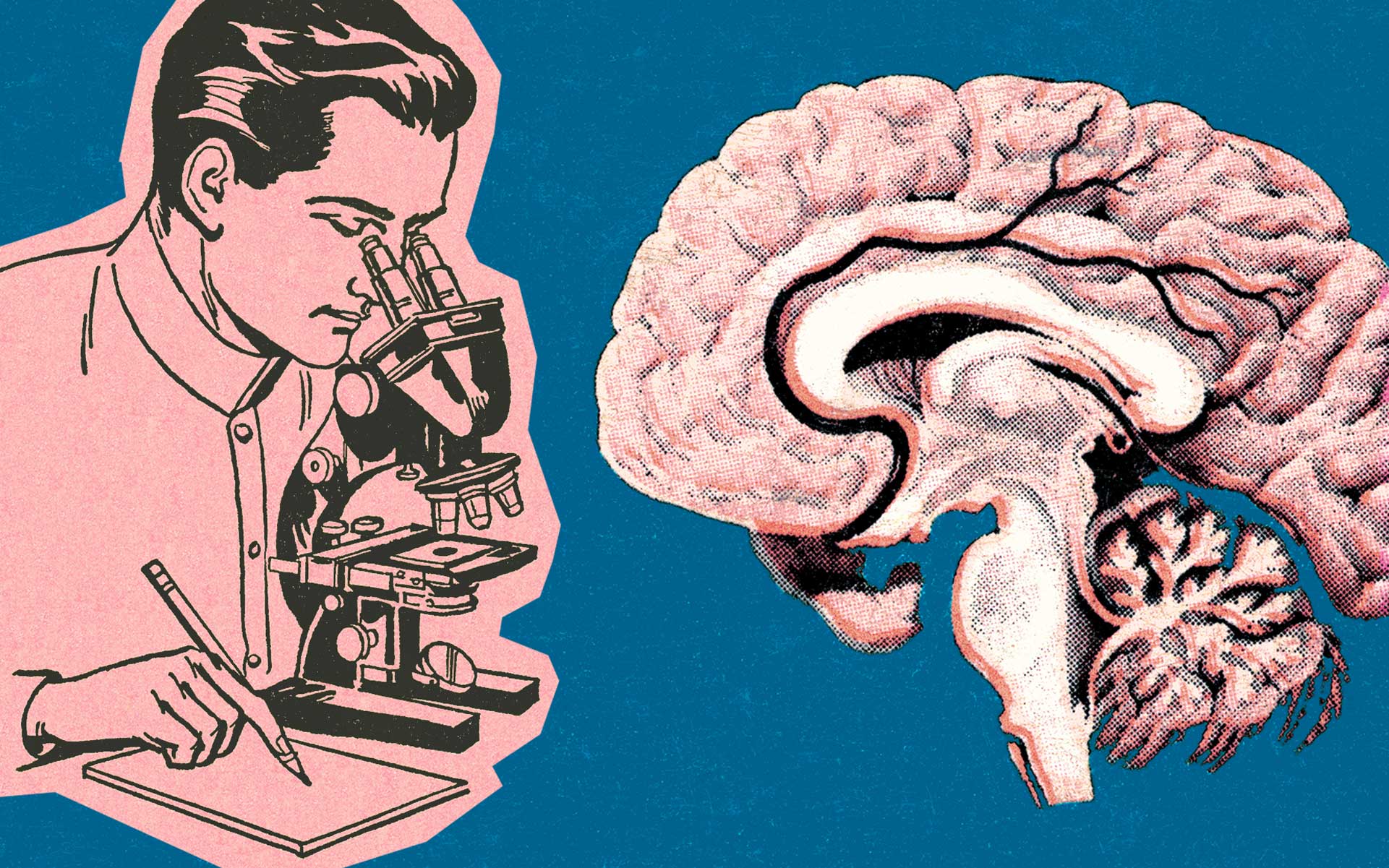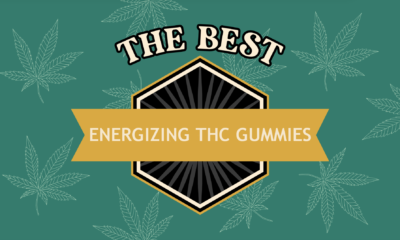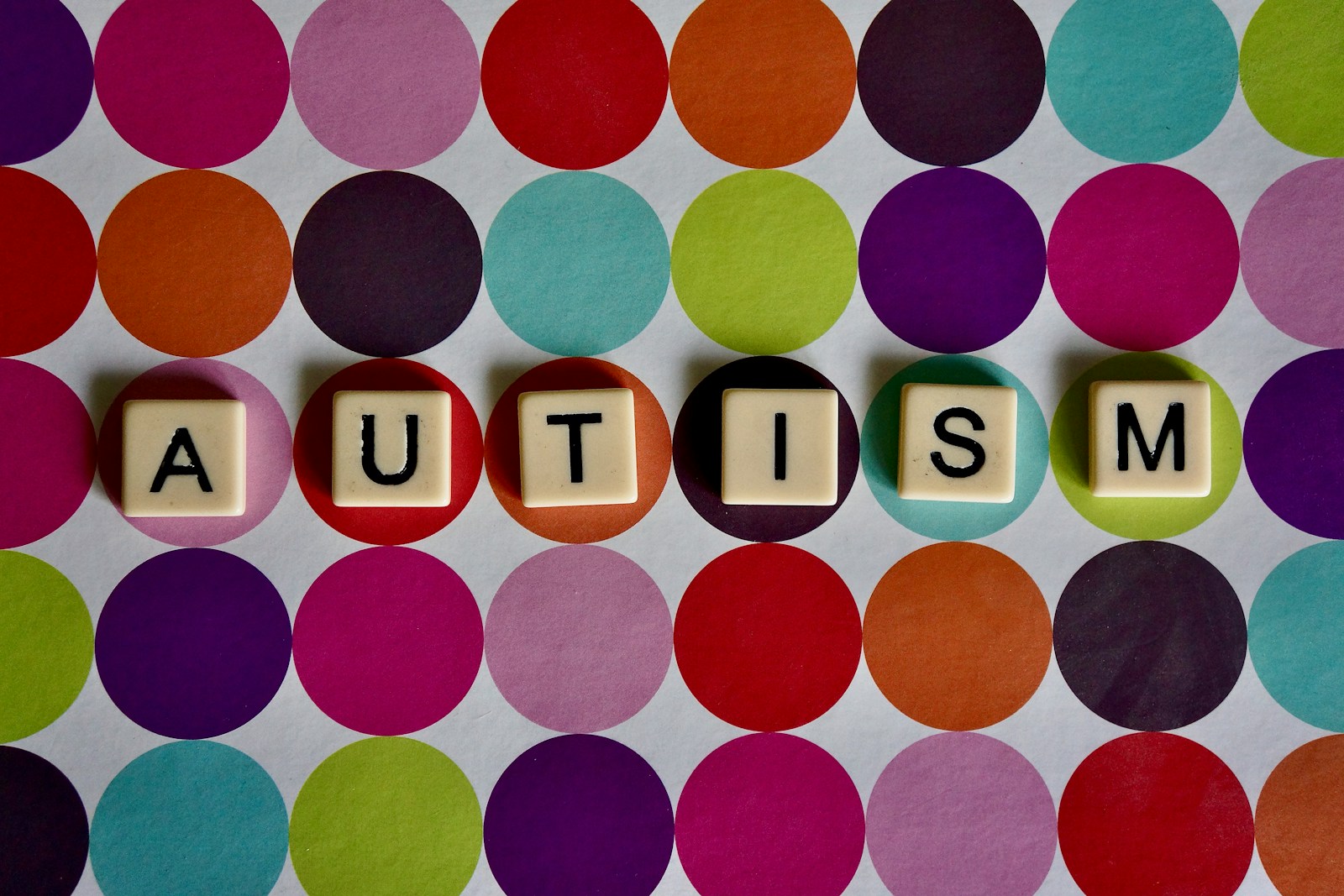Cannabis use during pregnancy has been increasing in the US, and many people may be wondering what impacts this trend could have on children. Some previous research has pointed towards the possibility that prenatal cannabis exposure could increase the likelihood of having autistic children. But a recent study—one of the largest ever conducted on cannabis and autism—found that cannabis exposure in early pregnancy did not lead to higher odds of an autism diagnosis.
What is autism?
Autism is classified as a developmental disorder. It impacts how individuals interact with others, communicate, learn, and experience life. One in 36 Americans are diagnosed with autism; symptoms usually appear during the first two years of a person’s life. Autism is also a spectrum condition—it encompasses a wide variety of different symptoms that an individual might experience, and different levels of health care support may be needed.
Some of the challenges that autistic people might face include having a style of communication that non-autistic people have trouble understanding, having sensory issues because of heightened or reduced sensory perception, and having more repetitive or restricted patterns of behavior than non-autistic peers.
Related
Minnesota OKs Medical Marijuana for Autism, Sleep Apnea
While medical literature classifies autism as a disorder, many autistic advocates point out that many of the “symptoms” of autism are not inherently problematic or disordered; they simply clash with non-autistic expectations, leaving autistic people marginalized.
Previous research on cannabis exposure and autism
The recent study, conducted by researchers from Kaiser Permanente and UC San Francisco, evaluated whether cannabis use in early pregnancy could increase the likelihood of a woman giving birth to an autistic child. Autism has been linked to a variety of potential environmental causes, but most research points towards genetics as the primary cause.
One study, published in 2020, did find an association between prenatal cannabis use and autism, leading to questions about whether cannabis use could cause autism. However, otherstudies found no associations. Unfortunately, those studies utilized self-reporting methods, which may have skewed the results due to a potential underreporting of cannabis use.
Researchers in the recent Kaiser / UCSF used more rigorous methods to determine whether prenatal cannabis use caused higher rates of autism in children.
Studying prenatal cannabis and autism
This recent study was one of the largest ever done on the topic (it included 178,948 pregnancies), but it also utilized a more robust data set for cannabis use and autism.
This recent study was one of the largest ever done on the topic (it included 178,948 pregnancies), but it also utilized a more robust data set for cannabis use and autism. The study incorporated information from Kaiser Permanente Northern California’s integrated health-care system, which universally screens pregnant individuals for cannabis use—via both self-reporting and a urine toxicology test. Kaiser also routinely screens and assesses children for autism.
Shop highly rated dispensaries near you
Showing you dispensaries near
The researchers also included related factors in their analysis like sociodemographic data, the additional medications and substances that a mother consumes, and general health conditions.
Prenatal cannabis use not associated with autism
While an initial analysis appeared to indicate an association between autism and prenatal cannabis use, the association disappeared after adjusting for factors like sociodemographic characteristics and the medical conditions of the mother.
This lack of association suggests that mothers who use cannabis during pregnancy are more likely to have autistic children—not because of the cannabis itself, but because of other factors that also increase likelihood of cannabis use.
While the researchers don’t identify those specific factors, these results shouldn’t be that surprising: For one, Autism has high hereditary rates. Furthermore, cannabis is sometimes used as an effective treatment for symptoms of autism. Separate studies have noted that autistic individuals tend to have lower levels of endocannabinoids in their bodies, which could suggest an impairment of the endocannabinoid system.
Mothers with autism—or other conditions tied to the same genes as autism—are more likely to both use cannabis and have autistic children; this correlation may help explain the initial results of the study. Still, only more research will offer conclusive answers to these questions.
Limitations and future research
This study used a strong methodology, with a large and diverse data set. Still, it was limited by the fact that cannabis use was only measured in early pregnancy. Future studies should measure cannabis use throughout pregnancy, and ideally include information like the methods and dosing of the cannabis itself.
While this study suggests prenatal cannabis use is not associated with autism, the authors nonetheless caution that there is evidence that cannabis can impact development in other ways and should be avoided during pregnancy.











































